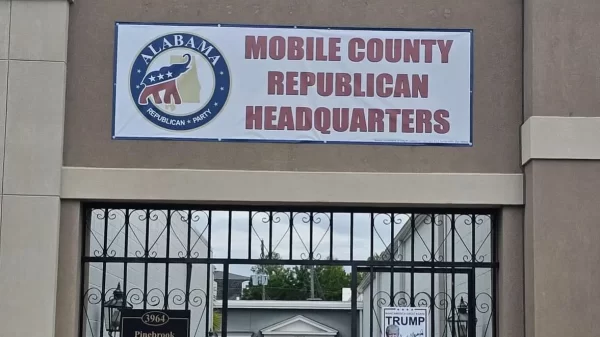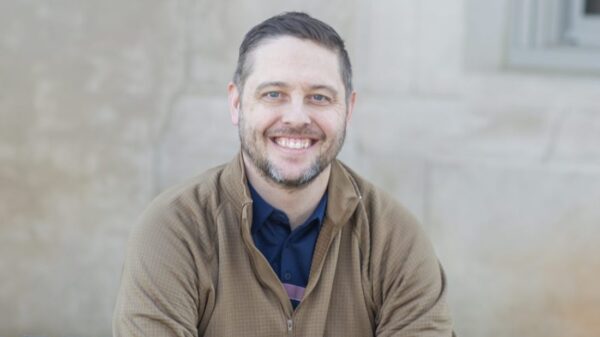By Brandon Moseley
Alabama Political Reporter
The Alabama Department of Economic and Community Affairs (ADECA) hosted a meeting of local long-term recovery committees on Friday, Nov. 15 in Birmingham. ADECA is the state agency designated by Gov. Robert Bentley to coordinate the state’s recovery efforts. The group of leaders from communities still recovering from tornadoes that struck Alabama in April 2011 met together for the first time last week in order to compare notes on their recovery processes and to exchange ideas about methods to complete the rebuilding process.
ADECA Director Jim Byard Jr. said in an ADECA written statement, “Significant progress has been made with storm recovery, but many challenges still face these communities as they continue the long-term task of rebuilding. We organized this meeting because we knew there were no better experts to offer advice and solutions for recovery than those who are engaged in the recovery process every day of their lives.”
Carrie Lea of the Northeast Alabama Community Action Agency said, “The meeting was a big boost for us. We received a lot of good information and ideas from the other communities that we can use to revitalize our recovery efforts.” Lea said that the meeting was very beneficial as she takes over the role of managing the long-term recovery effort in DeKalb County.
The massive wave of tornadoes that struck the state over two weeks April 2011 killed more than 250 Alabama residents and injured over 2,200. According to the Federal Emergency Management Agency 6,237 houses and 1,275 mobile homes were destroyed.
Following the devastating storms, Alabama Governor Robert Bentley (R) and state leaders organized nine local committees to help develop recovery plans in smaller towns and cities that lacked the size, resources and personnel to develop and undertake such planning without assistance. Committees have been organized for Cordova, Geiger, Hackleburg, Holt, Jefferson County, Phil Campbell, Pleasant Grove, Rainsville-DeKalb County and Sipsey.
The nine committees discussed recovery issues at the meeting included maintaining the involvement and enthusiasm of residents in rebuilding projects and conducting local fundraisers to cover the costs of some projects. The attendees also discussed methods and local incentives to replace rental housing lost in the storms and fulfill basic community needs such as rebuilding grocery stores.
ADECA’s Long Term Recovery Unit is working with each committee individually to develop a recovery plan that addresses their specific local needs. The unit is assisting communities to identify resources from state, federal and other public or private organizations that might be able to help with infrastructure, housing and economic development needs. Because of limited funding available for recovery, single projects are often funded by several sources.
ADECA plans to have more additional joint meetings of the local committees in 2013.
For more information about ADECA’s Long Term Recovery Unit visit their web site:



















































